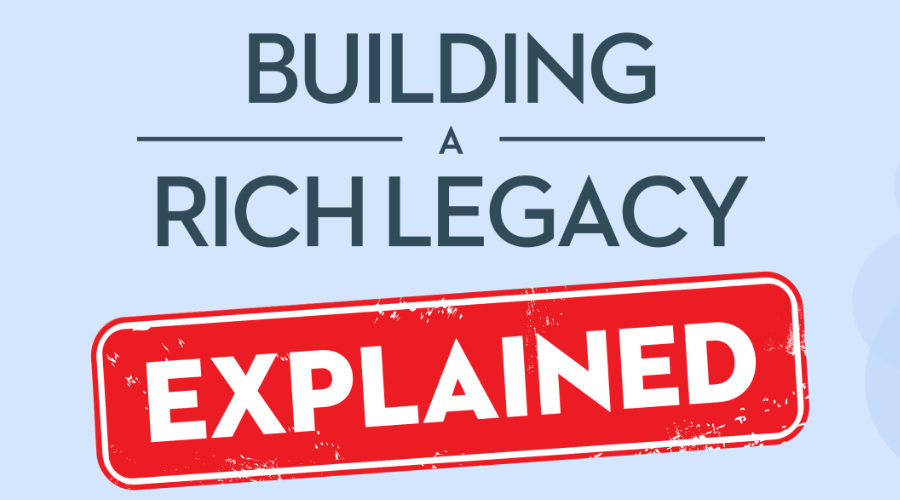Understanding home equity can be a difficult proposition if you’ve never engaged the issues before—even if you have some passing familiarity with other aspects of finance, real estate and the associated values can seem like an entirely new language. As such, it’s no surprise that homeowners might find themselves struggling to understand whether they still own their home, what the difference between various real-estate borrowing systems entail, and how they might navigate the waters. So today, we’ll cover the basics of home equity loans and reverse mortgages, knock down a few myths, and leave you knowledgeable enough to answer questions and make informed decisions.
Understanding Home Equity: What is a home equity loan?
A home equity loan is a type of loan where you utilize the equity of your home—the difference between fair market value and the outstanding balance of all liens on the property—as collateral for a loan. This creates an additional lien against the property and can be used to fund whatever you need.
Understanding Home Equity: How do I get a home equity loan?
Typically speaking, home equity loans require good to excellent credit, as well as a reasonable loan-to-value and combined loan-to-value ratios, i.e. it needs to be a safe bet for the lender. If you meet those standards, you’ll want to approach a lender, such as your bank, and choose from the terms they provide. Specifics will vary greatly depending on the size of the loan, your repayment goals, and of course the values inherent in your home.
Understanding Home Equity: Home Equity Loan Myths.
Home equity is a subject rife with misunderstandings and myths. Here are few to be aware of:
-
Pre-approval is a guarantee:
This isn’t at all true—pre-approval only means that you have a lender’s interest. They may still renegotiate or back out of offering you a loan when they get a better look at your situation.
-
I need to spend the money on the house:
This is a common use of home equity loans, but not a rule—you can use the loan to pay for a new car, or college, or anything. It’s a lump sum loan against your equity, to spend as you prefer.
-
If I default, I won’t really lose my house:
There are some situations where default on your home equity loan won’t lose your house, but they’re few and far between. A home equity loan is a huge risk, if you’re not going to be 100% comfortable making payments—if they were easy to slip out of, banks wouldn’t offer them.
Understanding Home Equity: What about a HELOC?
A HELOC, or Home Equity Line of Credit, is an alternative to the lump-sum payment typically offered by a home equity loan. Instead of fixed terms and a fixed lump sum, you receive a line of credit pegged to a variable interest rate that you can calculate using a HELOC calculator. This offers advantages and disadvantages to the borrower; you can borrow what you need when you need it, but the rates will often be less advantageous to you than you would experience with a traditional lump-sum loan.
HELOCs often offer advantages for savvy tax planning and are viewed more favorably than a second mortgage by anyone considering debt, as well. Outside of these notable differences, however, a HELOC offers many of the same limitations, risks, and benefits of a traditional home equity loan—a failure to repay will lead to foreclosure and the loss of your home.
If a home equity loan doesn’t sound quite right to you at this point, read on–there are many other ways to tap the value of your home. The current rising star of home finance is the reverse mortgage—the home equity loan’s close cousin.
Understanding Home Equity: What is a Reverse Mortgage?
Reverse mortgage loans are a special form of loan, typically only available to seniors, which allows people to access the equity of their home without selling. Essentially, a reverse mortgage is a home equity loan with the interest and principal deferred so long as you occupy the premises. If you move out or pass away, the loan comes due and debt collection begins. This makes a reverse mortgage an excellent source of funds if you’re planning to stay in your current home indefinitely, and aren’t worried about passing the home on free and clear to an heir.
Understanding Home Equity: How do I get a reverse mortgage?
Depending on the nation, the rules for reverse mortgages may be different. In Canada, for example, they’re restricted to homeowners over the age of 55. Unlike a typical home equity loan, however, your credit standing and income won’t matter. Once you meet the age requirement established by your country, you must approach an approved provider of reverse mortgages and submit an application. You’ll need to determine how you wish to receive the money, as reverse mortgage loans offer a high degree of flexibility; you could receive a lump sum, regular payments to supplement income, an open line of credit attached from which you can charge a card or write checks, etc. This will all need to be worked out with the loan provider, as will an assessment of your equity.
Understanding Home Equity: Reverse Mortgage Myths.
As they’re less well-known than other financial services, reverse mortgages are the source of countless myths and misapprehensions. Here are a few to be aware of and move past:
-
A surviving spouse will lose the home or have to begin payments.
If your surviving spouse signs with you, then the loan will continue to be deferred until they pass or sell the home.
-
I have to sign my house over to the lender.
When you borrow with a reverse mortgage, you retain full and complete ownership of your house.
-
Reverse mortgages are costly.
The same regulations covering other lending practices protect homeowners against excessive fees for reverse mortgages, keeping them fair and reasonable.
-
You can’t reverse-mortgage a home with an existing lien on it.
You’re borrowing against your equity, meaning you can borrow even if your home still has a lien on it—in fact, you can use a reverse-mortgage to clear other liens, if you like.
-
The lender can force me to move out and repay the loan.
Again, you maintain full ownership of your home under a reverse mortgage—the lender cannot compel you to move or force your hand in any way.
-
Heirs can end up paying more than the house is worth.
Even if you end up receiving more than the value of your home under a particular plan, the debt accrued can never exceed the value of your home—so your heirs will NEVER have to pay more than your home is worth.
Final Thoughts
Ultimately, the best way to access the equity of your home today will depend upon your income, age, aims, and credit. Many find a traditional equity loan ideal for their purposes—others find the deferred debt of a reverse mortgage far more useful and palatable. Regardless, incurring any debt, even one you don’t expect to come due until after you pass, deserves careful consideration and deliberation. Choose wisely, and make the most of your home’s hidden value. Find out how the CHIP Reverse Mortgage® can help boost your retirement income by calling us at 1-866-522-2447 or get your free reverse mortgage estimate now.































